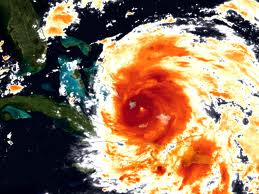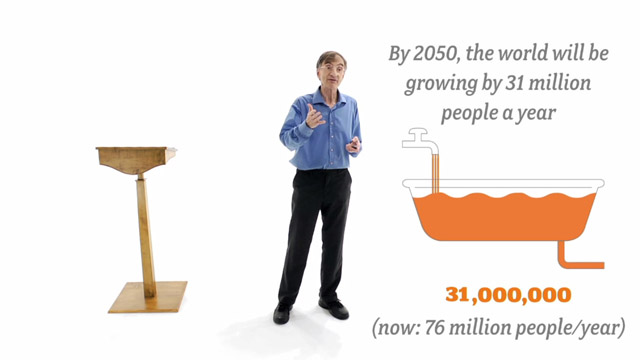Three Lessons Hurricane Irene Can Teach Financial Advisors About Retirement Planning

Hurricane Irene is going down in the ‘top 10’ record books as more costly than anticipated only a week ago. It is hurricane season. Not exactly a surprise that a ‘big one’ would be coming. What did the most recent hurricane teach us about how people prepare for something they know is coming and is potentially disastrous to everything and everyone they hold dear?
It was not just Hurricane Irene, every impending hurricane, snow storm, ‘nor’easter’ or whatever your geography blesses you with at various times of the year reveals three obvious planning behaviors that financial planners should note:
1. Keep the Lights On – As soon as the first dire forecast comes the batteries disappear. Just try finding ‘D’ batteries a day or two out from the predicted arrival of a storm. The shelf is laid bare and looks like the storm already hit. Even in predictably stormy Florida, the Wall Street Journal reports that only ~2% of single-family homes have backup generators. Just evidence that we don’t like to plan, living in the here and now is difficult enough for most and that we have typically been successful at muddling through.
Folks near retirement are already looking for ways to keep the lights on – since they can’t get more or enough out of the current market, most report that they will simply work past ‘retirement age’ (does anyone know what that is anymore?).
For some employers that is great news. Many older workers have the knowhow and relationships that makes a business profitable. Others firms may be looking to transition out today’s workforce with what they perceive to be more affordable and technologically current younger workers.
With savings and retirement plans greatly eroded since 2008, employers as well as their benefits providers need to think about how they will accommodate workers who want to stay on the job longer or want the flexibility to be part-time. Financial planners will need to think about how that ‘unplanned’ revenue stream from a longer work life may affect investment strategy as well as potential tax liabilities for those seeking extra years of income. Finally, many financial advisors are experiencing this already – what are the conversations, products and strategies that an advisor can take when retirement is here and there are no batteries left on the shelf – a question for both practice management and financial product developers.
2. Provide for the Basics – Few people run to the supermarket to buy steak during a storm. They just want the basics, basics that will last and sustain a lifestyle that is as close to what they had before the hurricane.
2008 eroded more than investments, it caused many to recalibrate what they think is a reasonable expectation for how they might live in retirement. Products that provide predictable income streams such as selected life insurance products, annuities, etc., are likely to see growth in coming years as more baby boomers approach life after full-time work. They do not anticipate Brie and Chablis everyday along with the long walks on fairways and beaches featured in many financial services brochures less than a decade ago. But, then again, basic meat and potatoes make a good meal too…and may even allow for an occasional trip to the beach.
3. Give a Realistic Forecast – Meteorologists and politicians are in a tough spot that most financial advisors can identify with…if they overstate the intensity and potential impact of a storm they are dismissed by most who have never experienced or remember such an event. If they understate the potential and they are wrong, they are gone.
Few of the next generation of old have experienced dire economic times; most have enjoyed growth with slow periods, but followed by incredible economic resiliency. Financial advisors must strike a stressful balance with their clients. Like those forecasting Hurricane Irene, you want clients to be stressed enough that they feel they must take action, stress them too much and they shut off, not enough stress and they won’t take your phone calls.





